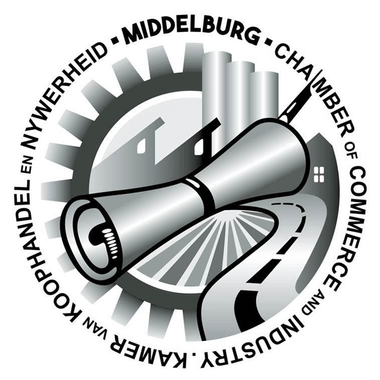Protect our Trade Routes and Corridors
Middelburg is positioned so that we have access to several trade routes and corridors. We use the N4, N12, N11 and other roads to reach our markets and get the raw materials we need to do business. These routes need to be protected to safeguard our economy.
In Middelburg, we were safe, and our community stood together this week, with the riots in Gauteng and Kwazulu Natal. Unfortunately, our businesses have also been affected by their activities. One of our economic advantages is that we are well located halfway between our market and access these trade routes.
Currently, the COVID lockdown delays the delivery of products for our businesses by weeks, and international trade routes to our trading partners’ countries are blocked. With the disruption at the Port of Durban, some members have had to take a moment to decide, “Do I report Force Majeure, or not?”
South Africa was the victim of truck attacks that not only destroyed property but also claimed lives. Why did the South African Police Service allow another escalation of senseless destruction this week? We are concerned that the recent spike attacks on the N4 may also escalate. The criminals caught must receive the harshest punishment.
The closure of the Port of Durban and parts of the N2, N3 and N4 in recent days with the senseless looting has severely impacted the supply chains and trade routes that we rely on in Mpumalanga. The massive short-term consequences are visible when looking at the pictures of what happened in Durban and Pietermaritzburg. MCCI is concerned about the even more devastating long-term consequences for everyone in this country.
The import and export of goods must be brought back into balance: The flow of goods must be reintegrated into the system. Vital goods need to be prioritised. Hard lessons were learned during Lockdown 5, and we do not need a repeat of regulations that attempt to impose artificial restrictions on the natural flow of goods, such as the ill-fated attempt to define “intended destinations”.
South Africa needs all key players to mitigate the disastrous situation. The supply chain is a living organism that does not tolerate interruptions. Like our country, it depends on the constant and unimpeded functioning of all its interlinked components.





